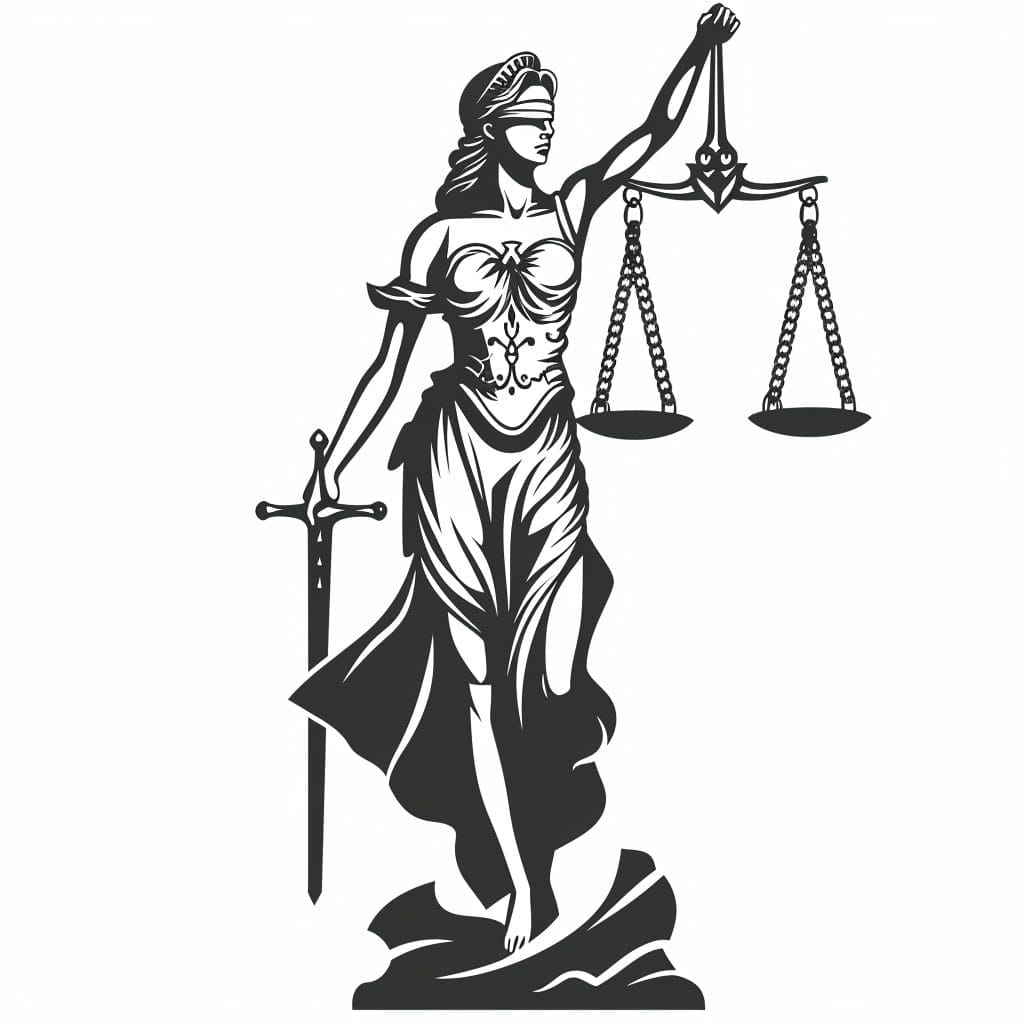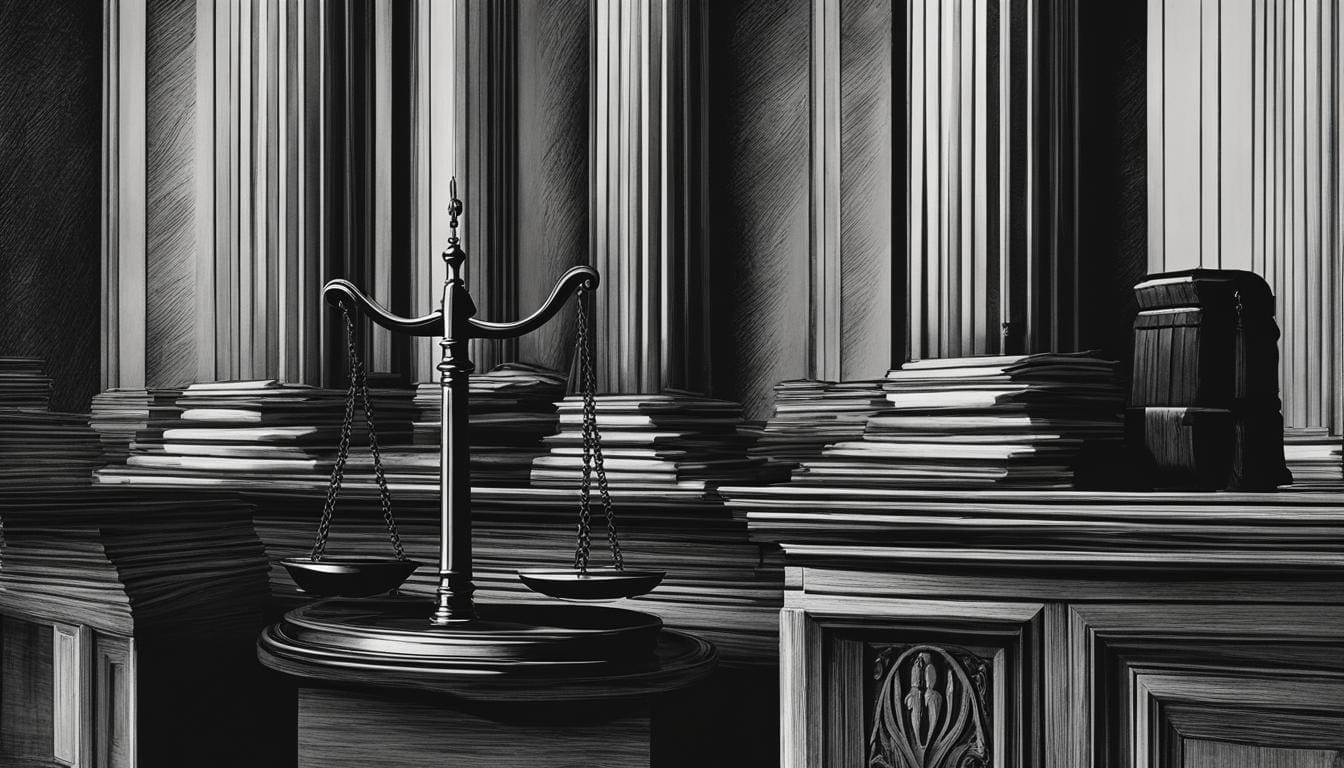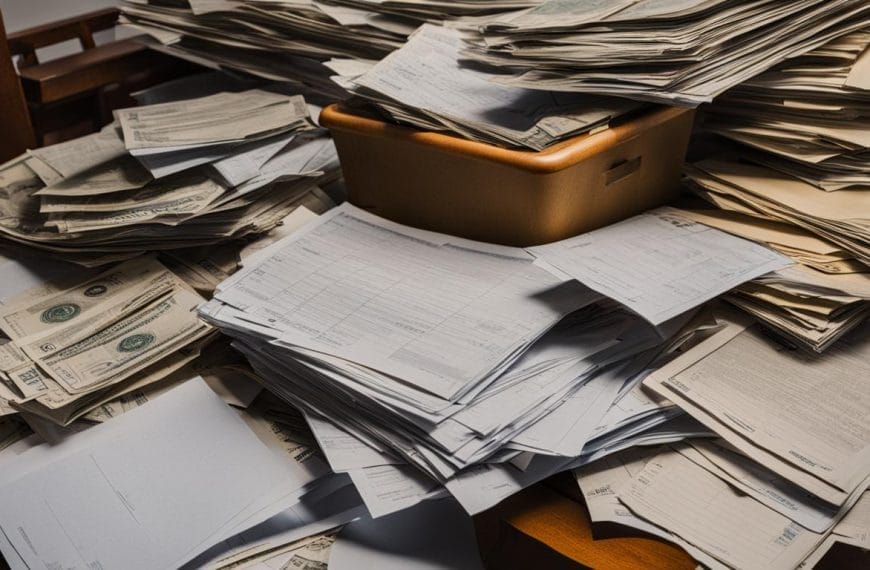Filing for bankruptcy in Louisiana can feel overwhelming and intimidating. However, with the right knowledge and guidance, you can successfully navigate through the process and find the debt relief you need. In this article, we will provide you with essential tips and procedures for filing bankruptcy in Louisiana, ensuring you understand the state laws, the importance of legal representation, the role of financial counseling, asset exemptions, navigating the bankruptcy court system, and the differences between Chapter 7 and Chapter 13 bankruptcy.
Before you begin, it’s important to familiarize yourself with the necessary steps to ensure a smooth process. Understanding the state laws and regulations pertaining to bankruptcy filing in Louisiana is crucial. Additionally, having legal representation throughout the process can provide you with the expertise and guidance needed to navigate the complex legal procedures.
Financial counseling is also a vital component of bankruptcy filing. By working with a trusted professional, you can gain a better understanding of your financial situation, explore debt relief options, and create a plan tailored to your needs.
When filing for bankruptcy in Louisiana, it’s important to understand asset exemptions. Certain assets may be exempt from the bankruptcy process, allowing you to retain ownership and avoid liquidation.
Navigating the bankruptcy court system is another essential aspect of the process. Understanding the procedures, attending creditor meetings, and ensuring that you have all the necessary legal forms are crucial steps towards a successful bankruptcy filing.
Lastly, it’s vital to comprehend the differences between Chapter 7 and Chapter 13 bankruptcy. Chapter 7 involves liquidating assets to repay debts, while Chapter 13 involves creating a court-approved repayment plan over several years.
By following these essential tips and procedures, you can navigate the bankruptcy filing process in Louisiana with confidence. Remember, seeking legal advice and understanding your rights is crucial for a successful bankruptcy filing, granting you the opportunity for a fresh financial start and debt relief.
Understanding the Different Types of Bankruptcy in Louisiana
Bankruptcy in Louisiana offers different options for individuals struggling with debt. The two most common chapters are Chapter 7 and Chapter 13, each with its own unique features and benefits.
Chapter 7 Bankruptcy: Liquidation and Debt Discharge
Chapter 7 bankruptcy, also known as liquidation bankruptcy, provides individuals with a fresh start by selling non-exempt assets to settle debts. This type of bankruptcy offers a relatively quicker debt discharge, usually within a few months.
In Chapter 7 bankruptcy, a court-appointed trustee is responsible for collecting and selling non-exempt assets. The proceeds from the asset liquidation are used to repay creditors, and any remaining eligible debts are discharged, providing a clean slate.
Chapter 13 Bankruptcy: Repayment Plan and Debt Relief
Chapter 13 bankruptcy, also known as reorganization bankruptcy, is designed for individuals with a steady income who want to repay their debts over time. This option allows you to create a court-approved repayment plan, typically spanning three to five years.
Under Chapter 13 bankruptcy, you can retain your assets while making regular payments to the bankruptcy trustee, who then distributes the funds to creditors according to the repayment plan. Once you successfully complete the repayment plan, any remaining eligible debts are discharged.
Choosing the right bankruptcy chapter depends on your individual circumstances and financial goals. It’s essential to understand the eligibility criteria, debt discharge time frames, means test requirements, and the nature of the repayment plan for each chapter.
Illustration: Understanding the different types of bankruptcy in Louisiana.
Steps to Take Before Filing Bankruptcy in Louisiana
Before filing for bankruptcy in Louisiana, it’s important to take several crucial steps to ensure a smooth process. By gathering the necessary information and completing important tasks, you can be well-prepared for the bankruptcy filing. Here are the essential steps you need to follow:
Gather Personal Details and Financial Documentation
Start by gathering all the necessary personal details, including your legal name, Social Security number, and contact information. You’ll also need to collect financial documentation such as bank statements, pay stubs, tax returns, and any other documents outlining your income and expenses.
Assess Your Monthly Expenses
It’s crucial to have a clear understanding of your monthly expenses. Make a list of all your bills and expenses, such as rent or mortgage payments, utilities, groceries, transportation costs, and healthcare expenses. This will help you determine your financial situation and present it accurately during the bankruptcy filing process.
Collect Relevant Legal Documents
Ensure you have all the necessary legal documents before filing for bankruptcy. These may include loan agreements, contracts, divorce decrees, or any other relevant legal paperwork pertaining to your financial history.
Complete Credit Counseling
Prior to filing for bankruptcy, you’ll need to complete a credit counseling session from an approved agency. This step is mandatory and aims to help you explore alternative solutions to bankruptcy and understand the potential consequences of filing. Make sure to choose an agency approved by the United States Trustee Program.
Understand the Means Test
In Chapter 7 bankruptcy cases, you’ll need to pass the means test to determine your eligibility. This test compares your income to the median income in your state to determine if you can afford to repay your debts. Understanding the means test and how it may affect your bankruptcy filing is crucial.
Familiarize Yourself with Bankruptcy Forms
Take the time to familiarize yourself with the bankruptcy forms required in Louisiana. These forms will outline your financial situation, debts, assets, income, and expenses. Completing them accurately is essential to ensure a successful bankruptcy filing.
Identify Exemptions and Review Your Credit Report
Lastly, identify the exemptions available to protect your assets during bankruptcy. Each state has its own set of exemptions that determine which assets you can keep. Additionally, obtain a copy of your credit report to have a clear understanding of your financial history and debts.
By following these steps and gathering the necessary information, you’ll be well-prepared to navigate the bankruptcy filing process in Louisiana. This preparation will help ensure a smoother experience and increase your chances of a successful bankruptcy filing.
Seeking Legal Assistance and Navigating the Bankruptcy Process in Louisiana
Filing for bankruptcy can be a daunting and complex process, but with the guidance of a knowledgeable bankruptcy lawyer, you can greatly increase your chances of a successful filing. The importance of seeking legal assistance cannot be overstated, as even minor errors in paperwork can lead to delays or complications in the process.
An experienced attorney specializing in bankruptcy law will be well-versed in the intricate procedures of the bankruptcy court system. They will ensure that you comply with all legal requirements and help you navigate through the paperwork and documentation involved in the bankruptcy filing process.
Working with a bankruptcy lawyer goes beyond just filling out forms; they can provide invaluable advice and insights that are tailored to your specific financial situation. With their expertise, you can make informed decisions that will ultimately lead you towards financial freedom.













